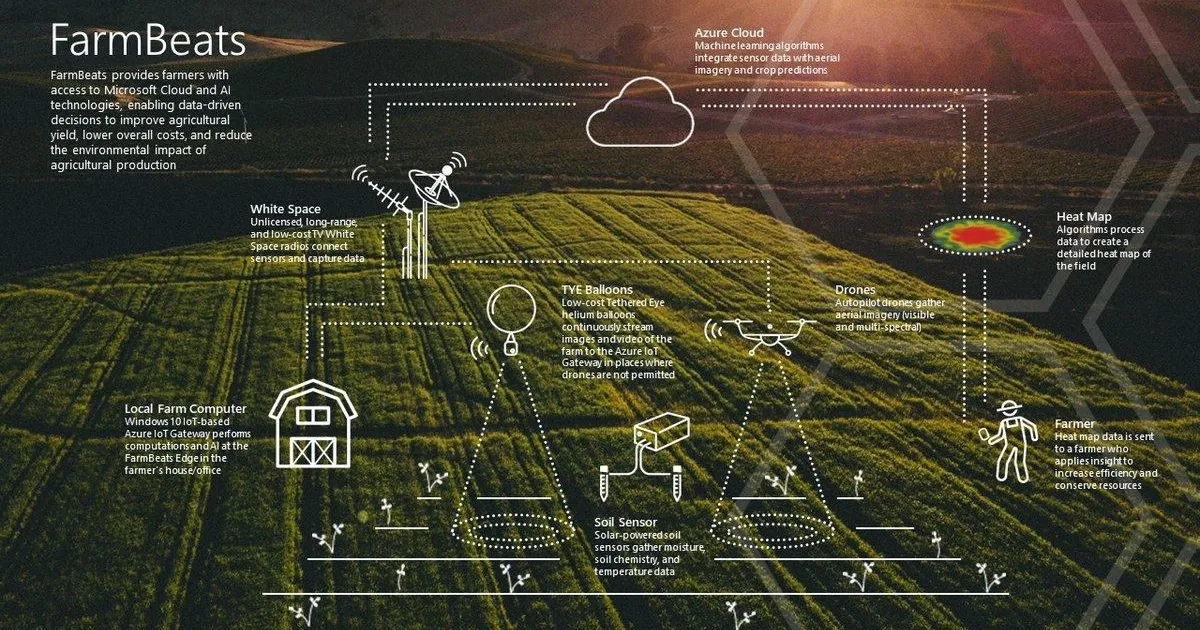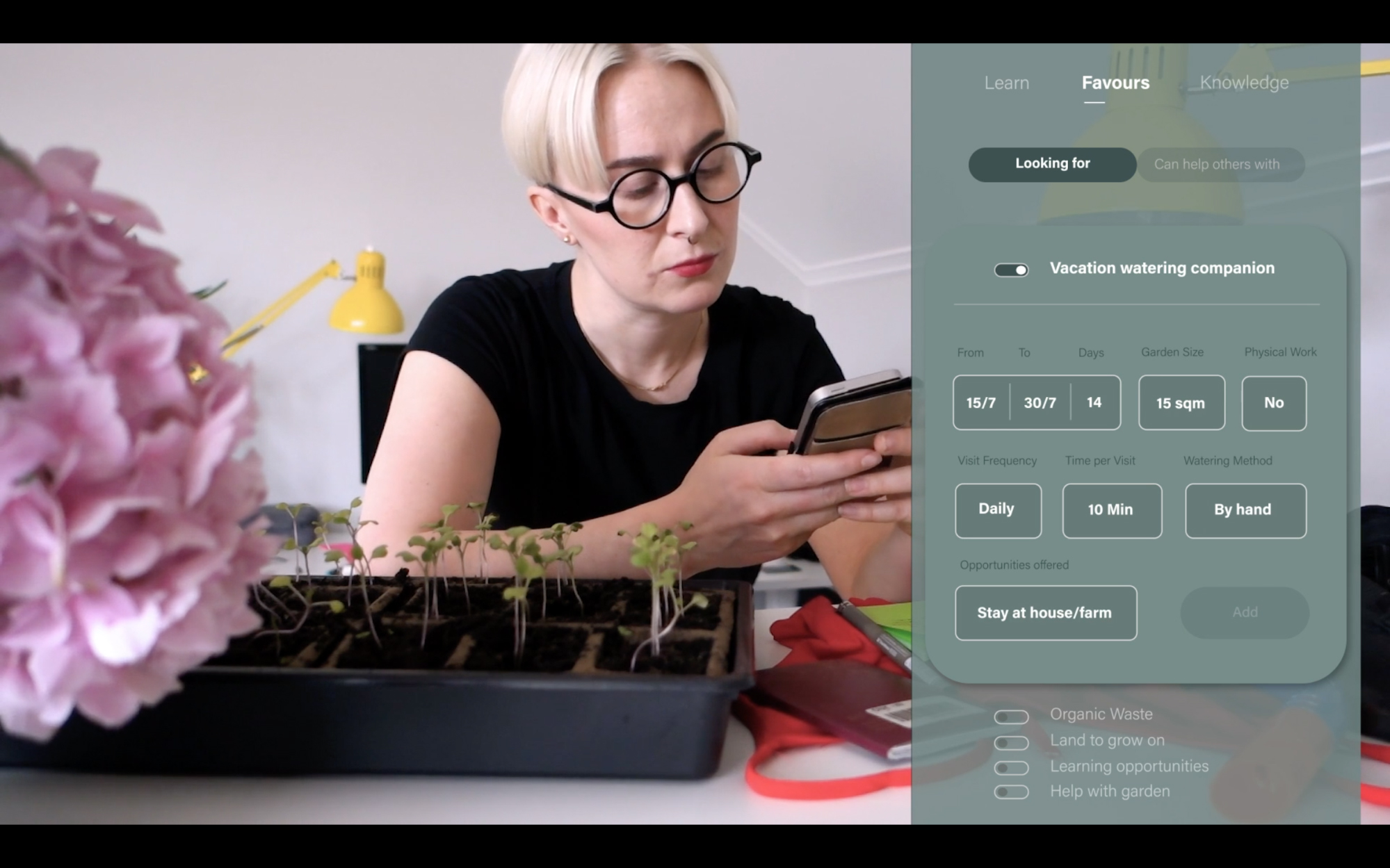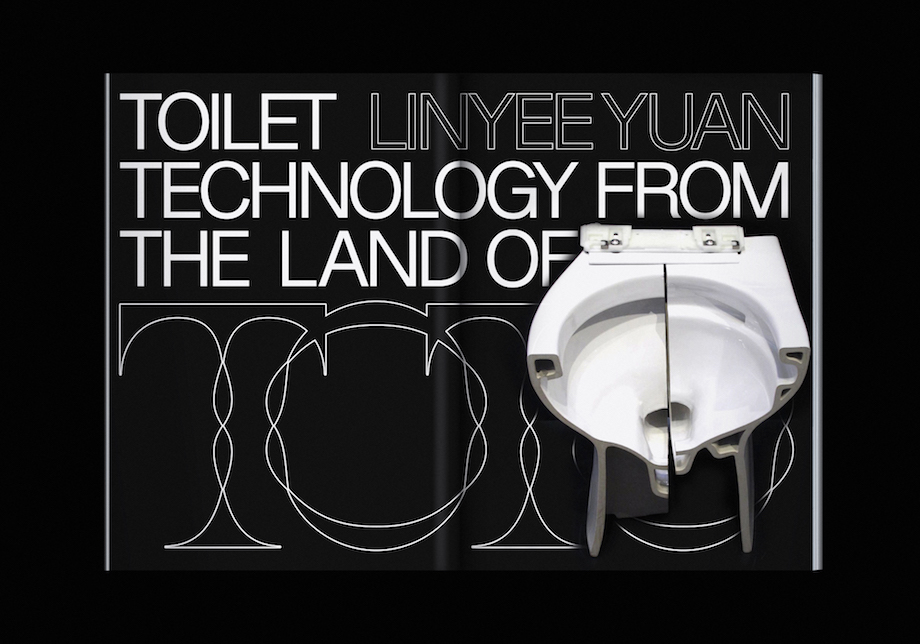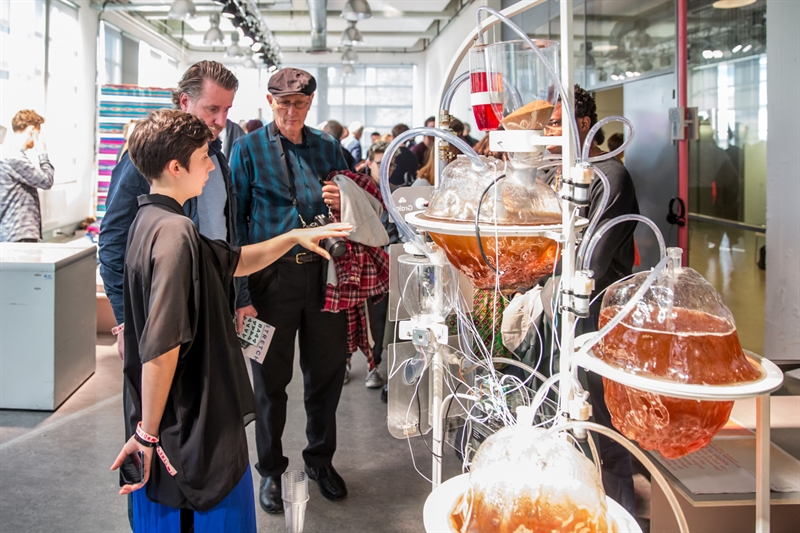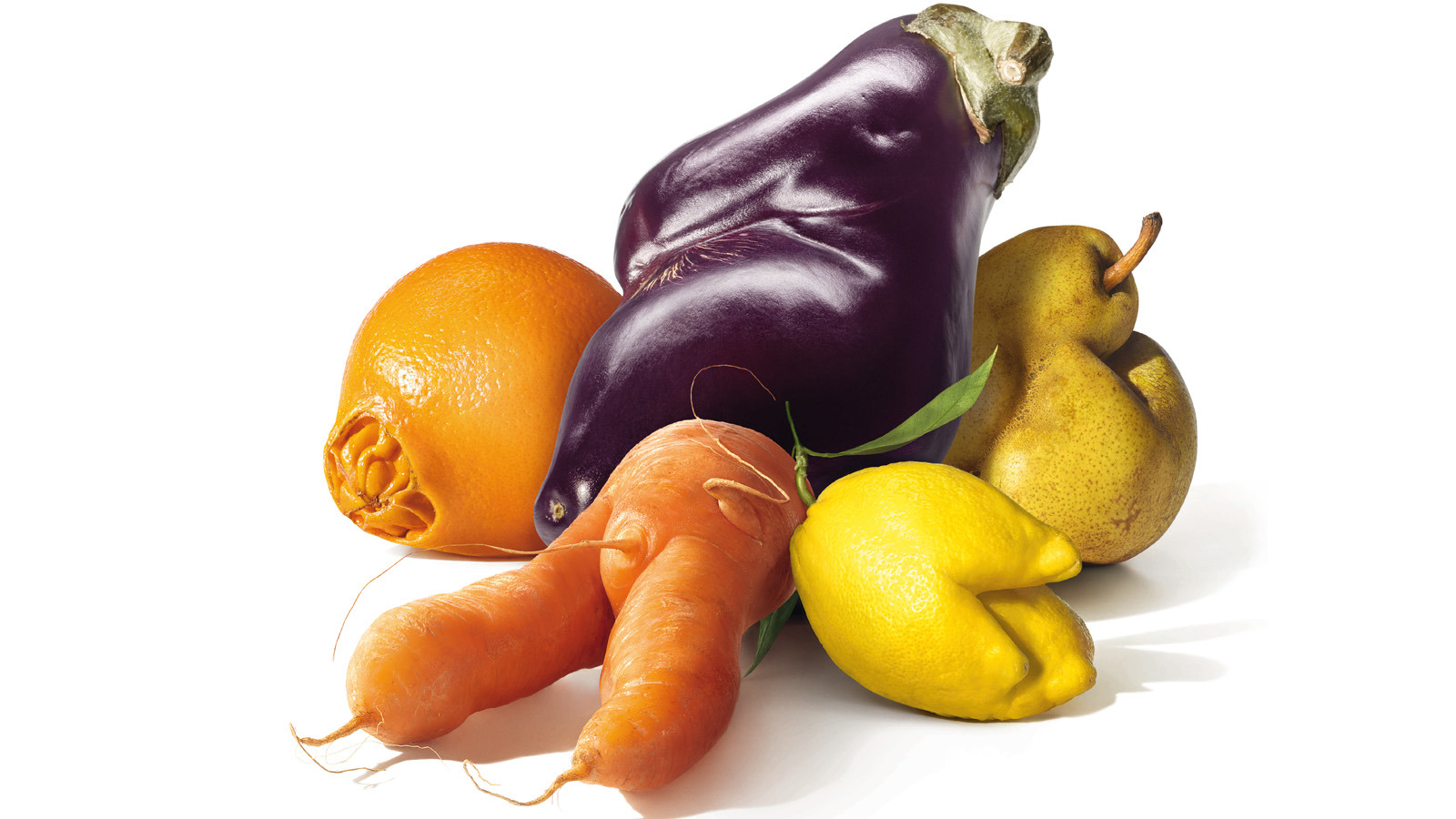Standing in line for hours for dinner is not ideal. In New York, diners often brave inclement weather and daunting wait times for their meals. Unlike the diners who are serviced by a handful of apps like OpenTable or Resy to streamline their restaurant experience, diners that rely on the City’s food pantries often have no choice but to wait. With the launch of Plentiful, an Android app and SMS reservation system for food pantries and their clients, a group of charitable organizations is hoping to change things by designing dignity into a service fraught with stigma, inconvenience and inefficiency.
While Plentiful seems straightforward, it represents a transformation in thinking about charitable food. Bob Shaver, Associate Principal at Redstone Strategy Group and strategist for Plentiful, reiterates a common assumption with social services, “We assume that if people need something, they will come and get it.” Essentially, they’d wait in long lines, make the trek to the service, even miss work. The New York City Food Assistance Collaborative, a group of charitable organizations and public partners with funding from the Helmsley Charitable Trust, saw an opportunity to improve equity and efficiency in the charitable food system by challenging this assumption and focusing on the pantry client experience.
It’s not that pantries were uninterested in making better client experiences. Shaver notes, “The number one thing we hear from pantry directors is that they want their clients to feel welcome.” But due to organizational capacity limitations, many pantries lacked the client data to meet their needs. There was no way to know who was coming in each week, if they were the same people as last week, where they were coming from, or their household size.
The Collaborative was inspired by retail’s dual approach of improving customer experience and collecting consumer data with an app. They settled on a technology-supported reservation model because it allowed for easy collection of client data, was cost-efficient and scalable, and enabled a more dignified client experience. It gave clients autonomy to choose a pantry, agency to make and change reservations minutes to months in advance, the ability to communicate directly with pantries, and assurance of receiving food with a short wait. Clients have the option to engage using the app or by responding to a series of prompted text messages.
Dignity is also central to Plentiful’s brand and user interface. In partnership with digital design studio Big Human, the Collaborative created a simple platform with visuals and messages that intentionally avoided stigma and focused on signaling a trustworthy and welcoming service. It was never going to be “the pantry app.”
Plentiful’s New York City adoption lead Bryan Moran highlights some of Plentiful’s early successes, “We have seen client wait times drop from an average of at least 30 minutes to 4 minutes using Plentiful.” Offered in nine languages, Plentiful also breaks down language barriers and makes it easier to communicate delays or disruptions in pantry service. Pantries can also adequately plan for the number of clients each day, so they don’t run out of food. Since its initial launch at three New York City pantries in December 2016, Plentiful has expanded to 162 of the approximately 600 pantries across the city, servicing over 130,000 clients.
Plentiful plans to expand to more New York City pantries and experiment with sustainable business models for other markets in the United States, bringing dignity to the pantry experience across the country. The Collaborative also sees a potential opportunity to revolutionize the food procurement side of the emergency food system by integrating Plentiful data into processes for more efficient, less wasteful on-demand food distribution.



